We in the prepping and survival community have stolen much from the military.
That makes sense, if you think about it. On an individual basis, combat is the ultimate game of survival (although it’s not a game). Why reinvent the wheel, when there is so much that the military does, which we can use?
That’s not to say that everything the military does is perfect for our needs. Military equipment tends to be over-designed, so that it can withstand the strain of rough use by people who have more important things to think about than taking care of their equipment. That tends to make it heavy and bulky, often too heavy for our needs.
Even so, there is much that we can learn from our armed forces and much which can be adapted to our needs. A lot of this is the methodologies that soldiers use, whether in combat or in their barracks. One of these areas we can learn from is the military alphabet.
The Phonetic Alphabet
Have you ever tried to spell out a complicated name for someone else? How about doing that over a poor telephone connection? Those who have unusual names know what I’m talking about; they’re stuck doing it all the time. They also have to put up with other people’s misspellings and mispronunciations all the time as well.
This problem doesn’t exist in the military, especially between communications specialists. That’s because they use the Phonetic Alphabet, often referred to as the Military Alphabet. In this alphabet each letter is assigned an easily recognizable word which starts with that letter.
This alphabet, is actually not the first version that the military has used. The history of these alphabets goes back to before World War I. The current iteration has remained relatively unchanged since 1956, although there have been spelling changes made to it as recently as 2008. One of the reasons for this has been that since World War II, the need was seen for an internationally recognized phonetic alphabet for military forces to use, which would be understood by all allied forces.
The birth of the US Army Air Corps increased the need for a unified phonetic alphabet as pilots often have to convey critical information, while flying in a noisy airplane cockpit. Even with the use of headphones, it was easy for communications to become garbled. By adopting the phonetic alphabet, pilots could communicate with each other, their control towers and ground forces they were supporting, without the errors that had been common beforehand.
While the phonetic alphabet may seem extremely simple, it is not. Countless hours of research has gone into selecting the words which are currently used. The key criteria for this was that they would be easily recognizable, regardless of what sort of English was spoken and what sort of accent the speaker had. The same understanding had to exist, regardless of whether the person spoke British English with a Cockney accent, sounded like they came from Down Under or spoke Midwestern American English.
The current iteration of this alphabet is called the International Code of Signals for Visual, Sound, and Radio Communications or more simply ICAO. It also includes numerals and some basic punctuation, which pretty much follow the same pronunciation that you and I use every day, with the exception of the period, which is referred to as a “full stop.”
While universally adopted by military forces, this version of the phonetic alphabet is not the one used by law enforcement, although most law enforcement officers will understand it. Their version differs in several details, so if you are communicating with a LEO, don’t be surprised if they substitute other words for the ones on that chart.
Using the Phonetic Alphabet

Obviously, it is slower to speak with this phonetic alphabet, than it is to speak normally. So it makes absolutely no sense to try and use it for all conversation. Rather, it is only used when necessary to avoid confusion. Some such examples might be:
- Giving map coordinates or directions
- Transmitting something in code
- Spelling the name of a person or location
- Ordering material by catalog number
When it is necessary to transmit this type of information by voice communications, the normal format is to say the word, spell it out with the phonetic alphabet and then continue on with the conversation. If there is a lot of noise or static, the phonetic spelling might be repeated:
“General Discussion’s unit, I spell Delta – India – Sierra – Charlie – Uniform – Sierra – Sierra – India – Oscar – November, is just over the hill.”
For those who know the phonetic alphabet, there is no possibility of misunderstanding this message. So, what the phonetic alphabet lacks in speed, it makes up for in clarity; and that’s its true purpose anyway. Miscommunications can be disastrous in warfare, causing things like blue on blue fire. This method helps eliminate those disasters, by providing a means of accurate communications.
Using the Phonetic Alphabet in Survival
While there may not seem like much use for the phonetic alphabet in survival, there are a number of situations where it could be extremely useful, especially when trying to transmit something in code.
All radio communications made by your survival team should be in some sort of code, even if you are just using deceptive descriptions and names of people, places and things. You don’t need to be giving information away to potentially hostile forces. Nor do you need to have miscommunications between your own team, because of noise or unclear radio contact. The phonetic alphabet will help eliminate this.
Probably the most important use of the phonetic alphabet for a survival team is in giving directions to team members. Such directions are one of the easiest things to miscommunicate, especially if they contain names which are not known by the receiving party. Spelling the names of streets and other landmarks phonetically will ensure that they receive the message clearly.
Another way that this could be useful to a survival team is to use it for conveying information about supplies. If you develop a simple code, with letter codes, such as “LVD,” for each supply item, then using the phonetic alphabet allows a scavenger team in the field to call back to base and report on what they’ve found, while still keeping that information secret.
Finally, learning the phonetic alphabet will keep others from using that information against you. It is actually rather easy to learn, if you just find a way to use it in your everyday life. Once you’ve learned it, you’ll probably never forget.
I still remember it, and I learned it 40 year ago.

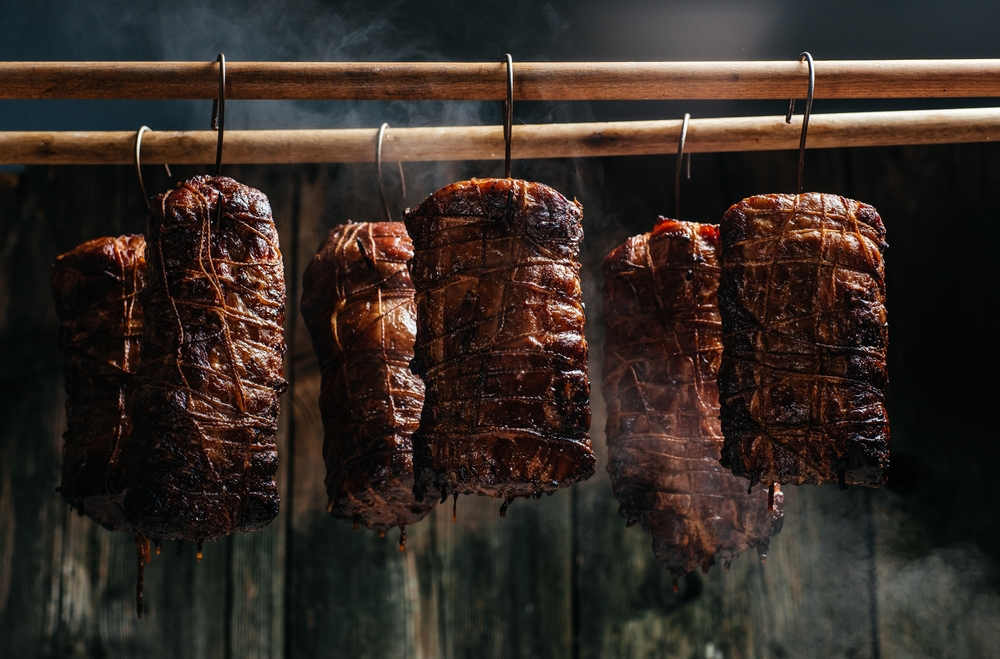
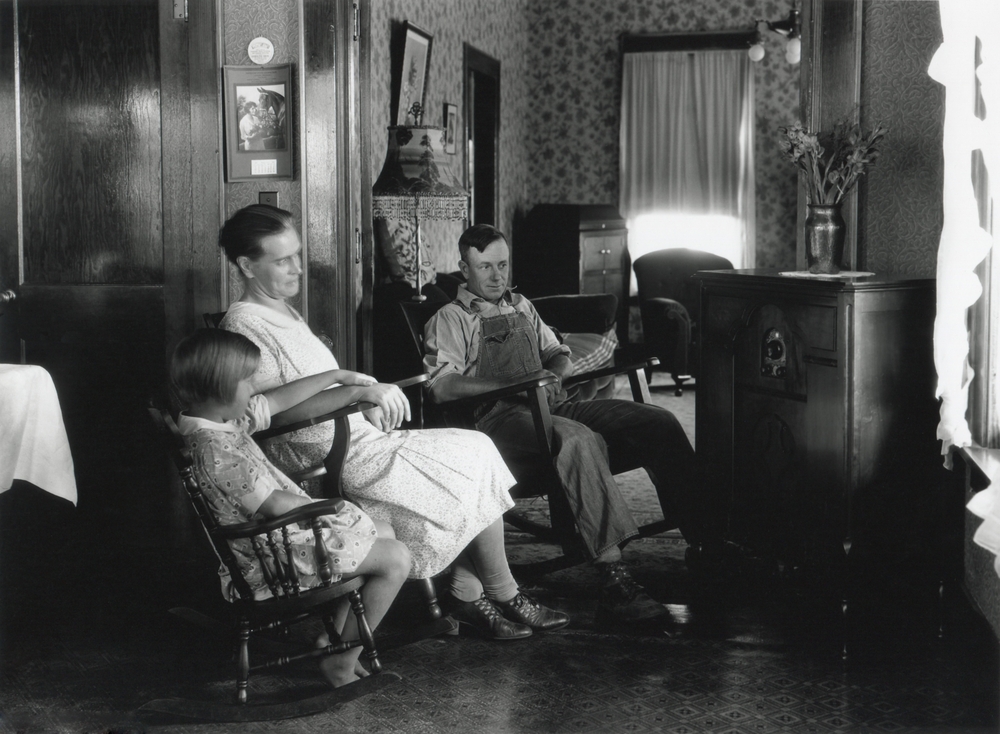
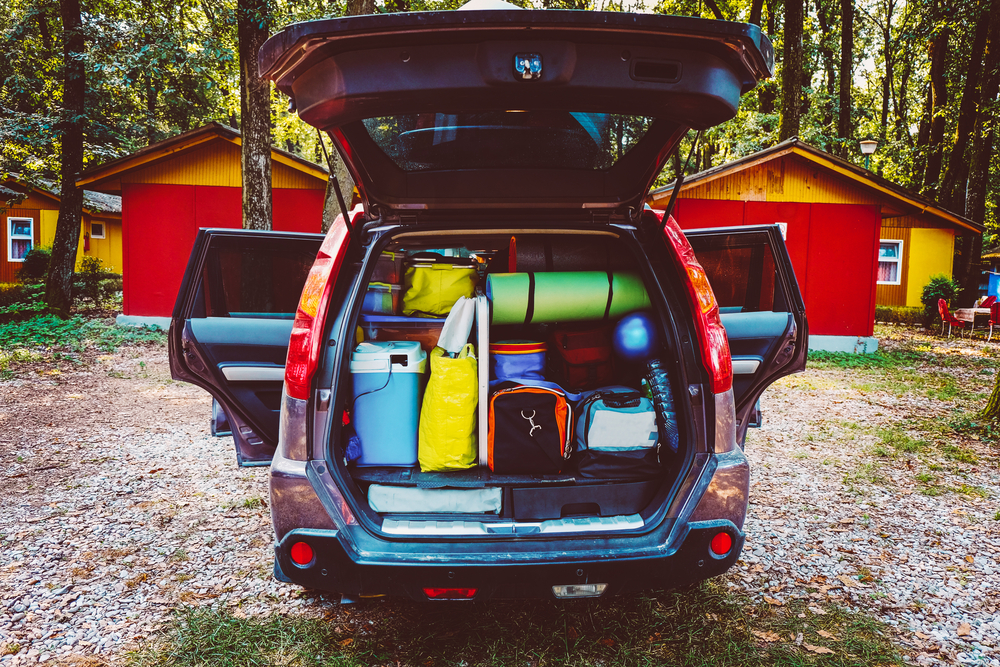


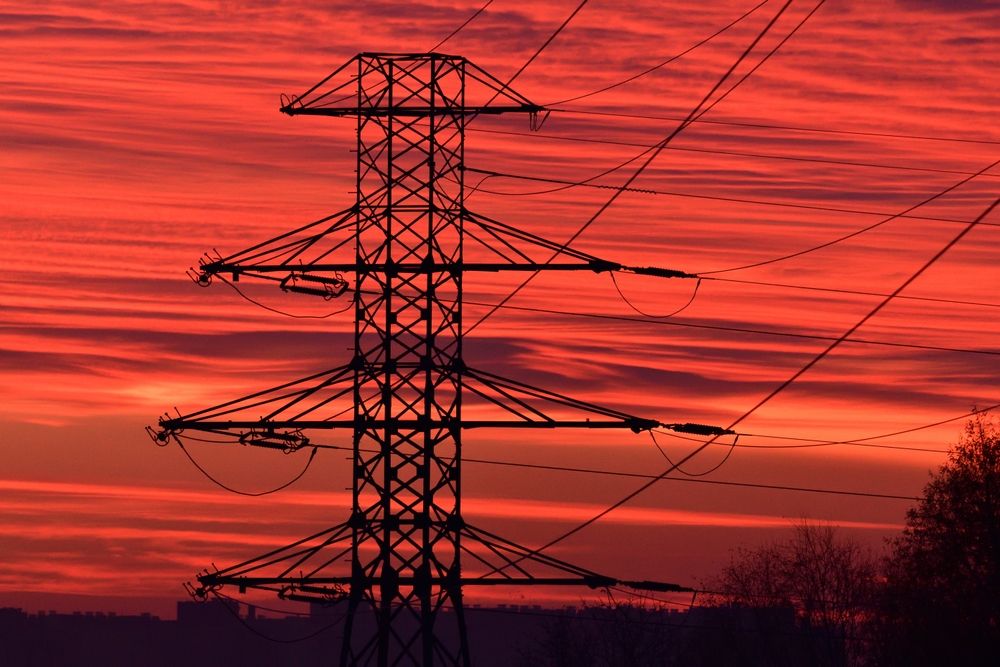













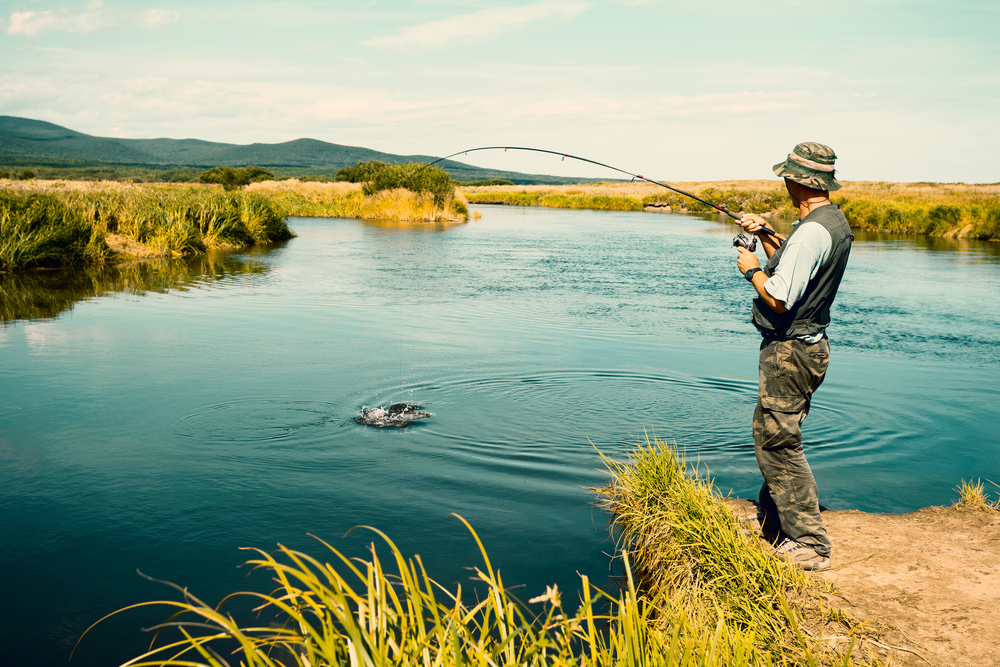







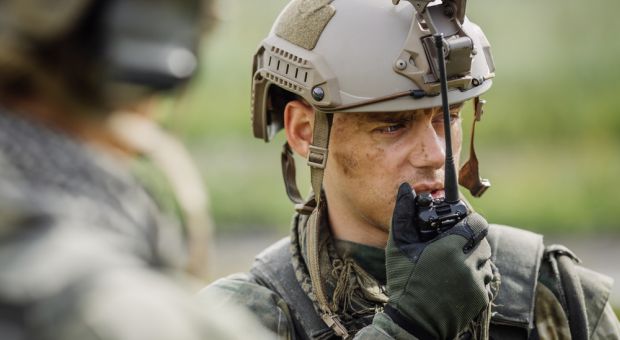





















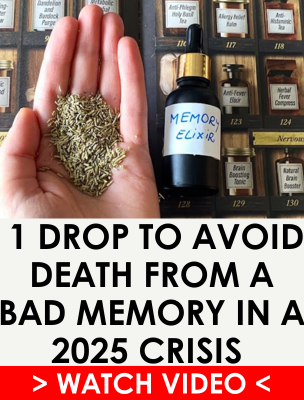







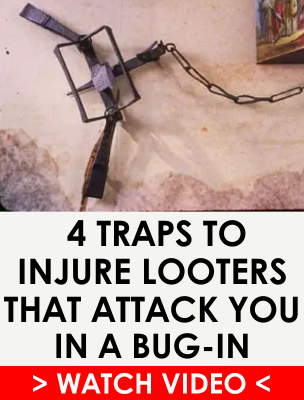
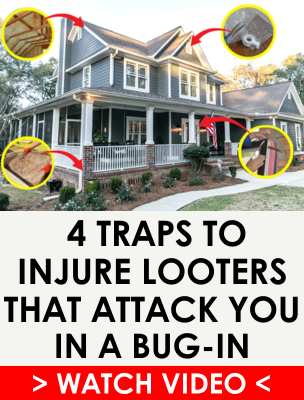










🙂 Being an old Cold War vet, I learned the Phonetic Alphabet back in 1956. Yep, still remember it. Continued to use it even after the switch to this “new” alphabet. As a matter of fact, I still use it on occasion., ex. Able, Baker, Charley, Dog, Easy, Fox, etc. Want to learn this one too, you can get some of it by watching some old WWII movies.
First Word Sugar Item George Nancy Item Nancy George Next Word Oboe Fox Fox
So there are two versions, an old and a new, and in the old one N = Nancy? That must be why my mother always spells out our last name “N as in Nancy…” She’s not even military, so I’d always assumed Nancy was just the first N word to pop to mind. It’s the only letter she uses a phonetic alphabet for, presumably because it can be so hard to distinguish N from M.
Dawen, there are Much More than “Only two versions” ! The versions used by International Maritime, some military, police and fire, and “Ham” radio – All Have Different variations. I always used the ATC (Aircraft) version – that’s what I was used to.
I always use the aviation alphabet. There is no reason to have other versions. Nothing makes a policeman or an airline ticket agent sound dumber than making up words for initial letters of the alphabet when we have a system.
Just now seeing this.. I come from a different angle: I’m a computer designer, and often deal with hexadecimal (base-16) numbers. Hexadecimal digits are the usual 0-9, plus a-f. When I first started working, some of the crusty old veterans with military backgrounds would pronounce them able-baker-charlie-dog-easy-fox, although this was in the 1980’s, long after 1956. I still use these, but my contemporaries sometimes look at me funny when I do.
I Always used the P.A. when communicating with ATC, -or- with other aircraft, of course. Never used it Anywhere else. Well, Ol’ N9356P (Papa), R.I.P. I miss you.
I learned the NYPD alphabet almost the same but adam, boy, charlie, david, edward,frank,george,henry, ida,, john, king, larry, mike, nancy, oscor, paul, queen, robert, sam, tom, union, victor, william, xray, yankee, zebra.
In Dallas it’s adam, boy, charles, david, edward, frank, george, henry, ida, john, king, LINCOLN, MARY, NORA, OCEAN, paul, queen, robert, sam, tom, union, victor, william, xray, yankee, zebra…..pretty close
Q is pronounced as “Kay Beck” and not the normal pronunciation that we use.
Did not know that, Tom. Interesting. Why not just shorten it to “Quay” [not pronounced “key””} and then you make both the people living in Québec happy and the army that could promote it as a sort of army intelligence test?:) LOL! Just joking. No insult implied. For after all is that not the way the peoples of Québec actually pronounce the name of their province. Enjoy this hot, humid weather. While it lasts. 🙂 Thanks.
The phonetic alphabet is international in any language and used for aircraft conversations also. It is impossible to mix 2 different letters this way. That’s why the letter Québec is pronounced KayBec, not to be confuse with any single sound, all letters are made of 2 sounds, so, if you mist the first one, at least you get the second one and you can decipher from there. Ragards, from VE2CFQ
M (Mike) is a single syllable.
All digits are single syllables except seven and niner. When counting or specifying groups in standard five-character codes, you use the actual numbers eleven, fifteen, etc. (not one-one, one-fife), so the first six and then eight and nine are also single syllables.
Oh, and “zero” is also two syllables.
LOL, that’s way over my head
I can’t say how international it is. I am not military or ham but beginning in 1995 I started working help desks supporting various nationalities. Seemed funny those would use countries instead of military alpha. still some of those countries you werent sure what they meant. i did try to do my patriotic duty & educate them to make it easier on them next time.
I wonder if it has anything do with different parts of the country have different accents…. Many older generation have thicker accents in parts… Perhaps those words/variations didn’t come through clear with those thicker accents… and-Or Didn’t meet the criteria for what a good word needs to be for each letter. There’s gotta be rules they follow and there’s gotta be a good reason for each one I’m positive. Military doesn’t do something just to do something there’s always a method. Interesting topic for my now mid mornings procrastination side binge. Good info fellas thanks I find the entire workings interesting what’s the difference between military and law enforcement?
This is the first I’ve heard of ICAO. AFAIK the current phonetic alphabet was developed by ITU (International Telegraphic Union) and is also referred to as the NATO alphabet, because all NATO allies use it. Even users who are unfamiliar with it get it after you tell them you are going to spell it phonetically. When they read it back, they often use substitutions.
I found it odd that the actual table of characters, words, and pronunciations were not included in the article. The link to “image result for military phonetic alphabet” actually links to an ad.
It’s best to spell at about one second per letter. Pronunciations are usually close to the common words, but some differ. Quebec is not “Kwee-bek” as commonly pronounced in the US but “Khe-bec” (French pronunciation) and numbers 3 (tree), 4 (fo-wer) and 9 (nin-er) are unique.
Some learning tips: learn the letters by category: locations (Hotel, India, Quebec…), first names (Charlie, Juliette, Romeo, Mike, Oscar); watch modern military movies. Practice spelling your name, location, etc with another person.
I had to know the phonetic alphabet for the fire service. After I retired I taught the basic fire program at a community college in Toronto. We always told the students that the easiest way to get comfortable with this form of communication was to translate car license plates into the PA. Makes commuting time pass faster and you learn something as well.
YUP, I’ve learned with this method… and when you have to report an licence plate (for an accident for example) the dispatcher at 9-1-1 takes you very seriously, believe me. Regards VE2CFQ,
Thank you so very much for providing these alternative alphabets, as well as how, and when, they are used in various situational contexts. I knew most, but it all of them. I don’t look forward to dangerous situations, but I am now better prepared to communicate with others when, and if, they arise. Again, I thank you very much.
For what it is – it’s good
Had you included the phonetics for the numbers add the standard pro-words with how to use it would have been great.
Of course, this is just opinion and opinions are like back sides. Most everyone has one and sometimes they stink.
that’s because these articles are “bait click’ for advertising revenue and not intended to have any substantial information. They may whet your appetite. I usually get more info from the comments.
Then it’s purpose was accomplished. I absolutely HATE articles that say “Comments Blocked”.
I am a woman who has a Pinterest board for “Preparedness”. I have a lot of followers and I appreciate all the information you are giving us and I want to pass it on. I could post it to Pinterest for a long time and now I cannot. Is there a reason for this? Pinterest is mostly for women and I find them to be woefully ill informed and ignorant. They need your information. Can you please let me “pin” again?
VE2CFQ, GOLF and MIKE are only one syllable.
TNX. KC8CNY
And of course the comical movie quote most people missed. “Able Baker Charlie to Roger Fox Dogs, over” I almost spit up and no one around got it.
Gee, an all this time I thought it was Gol-uf and My-key
I have ROCS (Radio Operator Certificates) for aeronautical, marine, and ham radio. What throws me for a loop is when someone in a call centre in a 3rd world country opts to insert a word that doesn’t fit with any of the phonetic alphabet conventions. Then I’m confused. But most don’t try to do that, and it’s much appreciated.
I was a military radioman from 1954-1959, as a result I learned first the ‘Able, Baker, Charlie…’ phonetic alphabet, then had to change to ‘Alpha, Bravo, Charlie…’ in 1956. It was not a difficult transition at all. We just practiced daily for about a week and that was that.
As a parallel to but nothing related to this alphabet is a group of acronyms created in military usage. They are so often means of expressing rather crude material, without burning too many sensitive ears.
SNAFU – commonly used to describe an out-of-control circumstance: “Situation normal – all fucked up” (fouled up for the pure of heart). “BOHICA” – warning of the usual and expected reaming one gets in certain routine events. “Bend Over, Here it comes again”
Ain’t life a gas, though?
I spent twelve years, for the most part in this environment, as I was a transport pilot for Military Airlift Command. Four big piston engines and a large double deck flying machine. I loved it! I then flew for Pan Am for almost twenty-five years, flying B-707s, B-727s, and a couple of Airbusses. It was tragic when PAA went bankrupt.
I have enough trouble with the regular alphabet, now I have to learn this one. Hotel oscar lima lima yankee Sierra hotel India Tango
Looks like you put some green stuff in your brown stuff
Wolf Brother. As a retired Vietnam Veteran Bien Hoa. 1st Cavalry Division (AIRMOBILE). 1971 – i972. FIREBASES ‘Mace and Crossed Sabers. 1/7th Infantry. I’ve heard ‘Lots & Lots’ of funny ROTF (Rollin On The Floor), sayings. Some of the BEST ones that I’ve heard were: “Excuses are like armpits. Everybody got ’em, and they BOTH stink! Another one is ‘Excuses are like ‘A**holes. Everybody got ’em, and they BOTH stink! Army Drill Sergeant at BCT (Basis Combat Tng), installations was where I would heard new ones almost daily. My DIs’ were the infamous ‘Horner Brothers. Two ‘Larger than Life ‘No Neck ‘Rednecks’.. Twin brothers at THAT!.. Fort Campbell, KY (before redeployment of the 101st Airborne Division’s ‘Screaming Eagles” from Vietnam to inherit Fort Campbell as it’s Permanent Division Home Station. Great stuff. Loved everyday…. well, ALMOST ‘everyday’ of it! ‘Gerry Owens!’
Not a military guy but wish I could go back, I’d would have joined after college. I often tell my wife I’d do it in a heartbeat if I had a time machine. However, when I pledged my fraternity back in 1980 we had to memorize the Greek alphabet. Alpha, Beta, Gamma, Delta, Epsilon, etc, etc . It’s funny how 40+ years later I can rattle them off like it was yesterday. I can understand how it becomes engrained in your brain. Those were great times!
Thank all you who served, to this day I regret NOT answering the call.
“I’m going out for a hamburger” Many others reply “good idea” “me, too” “me, too” That was code. Our neighborhood volunteer security patrol had detected a burglary and police were on their way, but the burglars were leaving. Hamburger or not, so many volunteer neighbors got in their vehicles and lined up at the stop sign to exit our subdivision thus creating a traffic jam. Burgulars, trying to keep a low profile, stayed in line and were surprised by police cars driving right up to them. It worked everytime! We didn’t want to sound cryptic, yet our ordinary language was code. I use the same principle with all of my groups. Precise locations were similarly not recognized as code as seemingly ordinary conversation and couldn’t be decoded because they were non repetitive, yet with a way for all of our team to instantly understand.
[email protected]